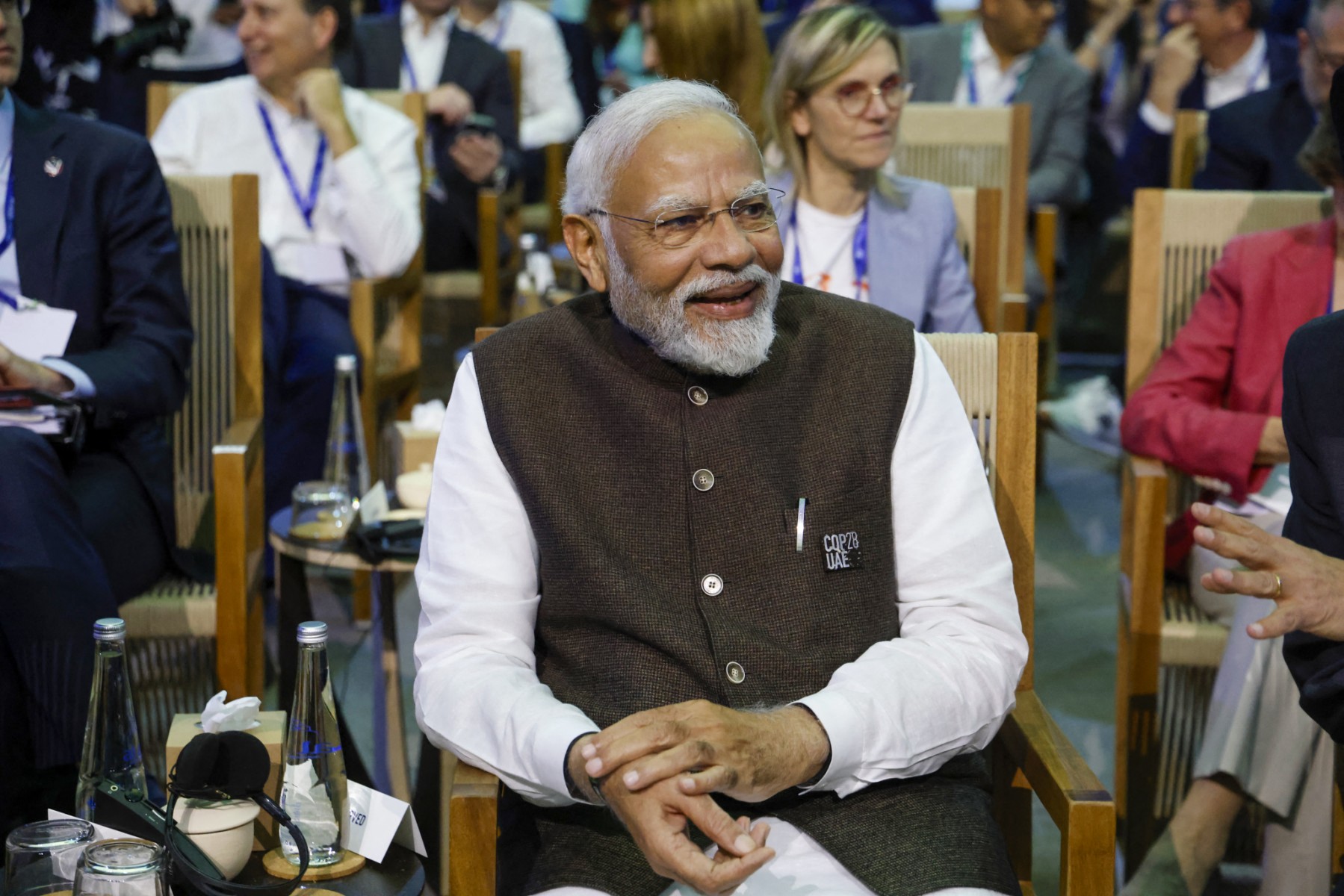New Delhi, India – India’s government has recently targeted high-profile journalists with Pegasus spyware, Amnesty International and The Washington Post said in a joint investigation published Thursday.
Created by Israeli firm NSO Group and sold to governments around the world, Pegasus software can be used to access a phone’s messages and emails, peruse photos, eavesdrop on calls, track locations and even film the owner with the camera.
Amnesty said journalists Siddharth Varadarajan of The Wire and Anand Mangnale of The Organized Crime and Corruption Reporting Project had been targeted with the spyware on their iPhones, with the latest identified case occurring in October.
“Our latest findings show that increasingly, journalists in India face the threat of unlawful surveillance simply for doing their jobs, alongside other tools of repression including imprisonment under draconian laws, smear campaigns, harassment, and intimidation,” said Donncha O Cearbhaill, Head of Amnesty International’s Security Lab.
India’s government did not immediately respond, but it denied similar accusations in 2021 that it used Pegasus spyware to surveil political opponents, activists and journalists.
Indian media reported last month that the country’s cyber security unit was investigating allegations by opposition politicians of attempted phone tapping after they reported receiving Apple iPhone warnings of “state-sponsored attackers”.
In that case, Ashwini Vaishnaw, the information and technology minister, said the government was “concerned” by the complaints.








